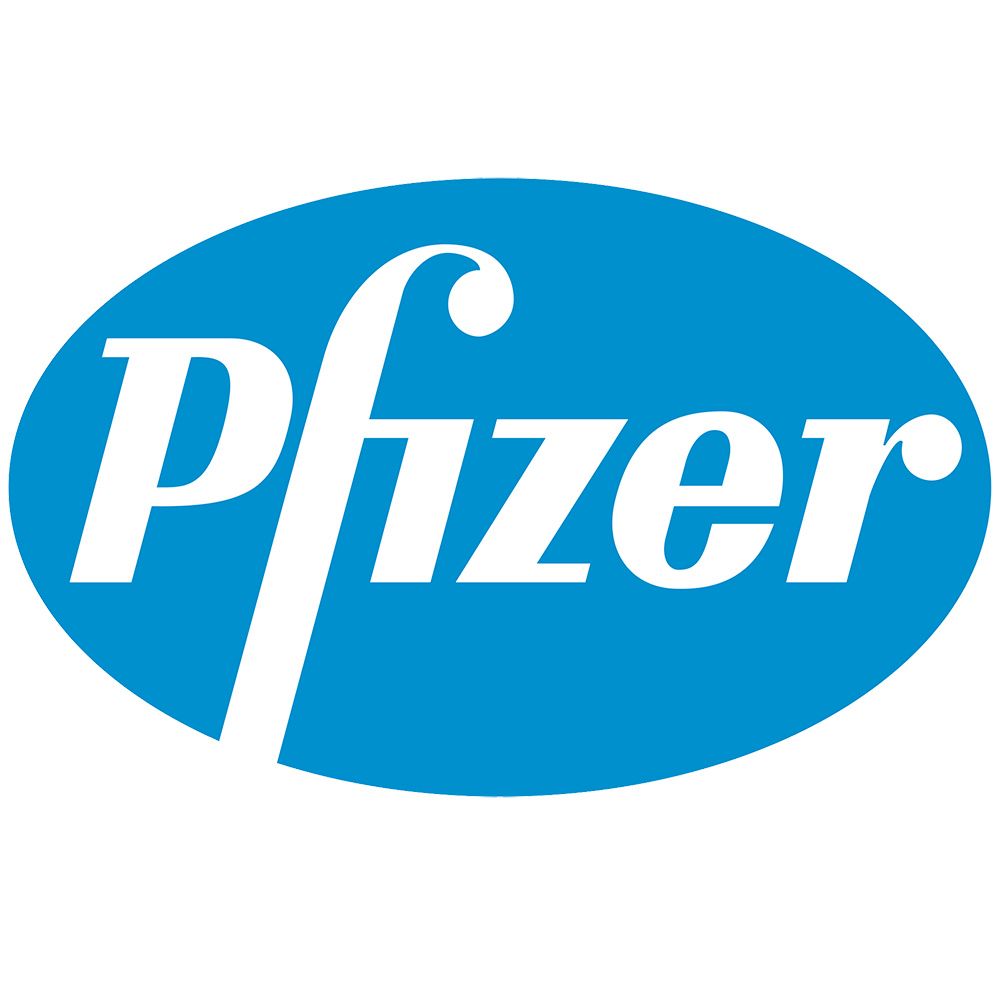JILL INVERSO: Antibiotics have revolutionized healthcare. They represent the hidden backbone of modern medicine by enabling medical advances such as surgical procedures, organ transplants, and chemotherapy. They have saved countless lives from death and disease caused by bacterial infections. Alarmingly, anti-infectives are losing their effectiveness because pathogens change and find ways to resist the effects of antibiotics, leading to the development of superbugs.
Antimicrobial resistance, or AMR, is widely recognized as one of the biggest threats to global health today. It has the potential to affect anyone, at any age, in any country. AMR causes 700,000 deaths annually across the globe, a number projected to skyrocket to 10 million by the year 2050 if new interventions are not developed.
At Pfizer, we take this growing threat very seriously. Driven by our desire to protect global public health and address the medical needs of patients suffering from infectious diseases, we are committed to being a leading provider of solutions to both help prevent and treat infections.
We remain committed to developing diverse solutions to address AMR. This includes: expanding our diverse portfolio of anti-infective medicines and vaccines to treat and help prevent serious infections around the world; growing our innovative surveillance tool, ATLAS, to help physicians better understand evolving resistance patterns; advancing good stewardship to ensure patients receive the correct antibiotic only if it is needed and for the right duration; advancing global policy leadership to facilitate antibiotic development and proper use; applying responsible manufacturing practices that minimize impact on human health and the environment.
It is imperative to preserve the effectiveness of existing antibiotics through good stewardship and treatment practices, and effectively monitoring antibiotic resistance globally through surveillance.
Pfizer is proud to sponsor one of the largest AMR surveillance programs in the world, which was recently recognized by the Access to Medicines Benchmark Report on AMR as a standout "among all surveillance programs." Our global bacterial surveillance program, ATLAS, which stands for Antimicrobial Testing Leadership and Surveillance, was established in 2004 to monitor real-time changes in bacterial resistance and track trends in multi-drug resistance longitudinally over time.
Today, ATLAS includes source information from more than 760 hospitals across 73 countries, including emerging market countries in Africa, Asia, and Latin America. Overall, it has generated 14 years of continuous global bacterial susceptibility data. ATLAS data serve to inform health care practitioners and researchers on changing resistance trends in their regions and countries, and also supports global health authorities in developing antimicrobial stewardship programs. These data are available to all—free of charge—through a publicly available website and through a mobile application.
Antimicrobial stewardship practices can help to reduce the spread of AMR by applying greater oversight of appropriate antibiotic usage to enable more rational and judicious prescribing practices. Pfizer encourages the responsible use of its antimicrobial products by promoting the selection of appropriate patients for treatment and by using the optimal drug regimen, dose, and duration of treatment. We are also addressing stewardship through our support of appropriate education and training programs for physicians and hospitals around the world.
But there are actions that every individual can take to help as well. When you are prescribed an antibiotic, don't miss doses, and please finish the course of medication. Never take an antibiotic prescribed for someone else or prescribed to you for a different infection. And keep vaccinations up to date for you and your family. Vaccines are administered to help prevent infections from happening in the first place, thereby reducing the need for antibiotic usage that can lead to the development of resistance.
To date, several studies have demonstrated the beneficial role vaccines play in the reduction of AMR, such as reducing the use of antibiotics, and preventing bacterial infections which may, in turn, prevent antimicrobial resistant infections from developing. By improving vaccination rates, we can reduce the burden of infectious diseases and limit the need for antibiotic treatments.
We believe governments and public health communities must work together with industry to take further action and support measures that will enable continued innovation in the development of new antibiotics and vaccines to help curb the spread of AMR.






